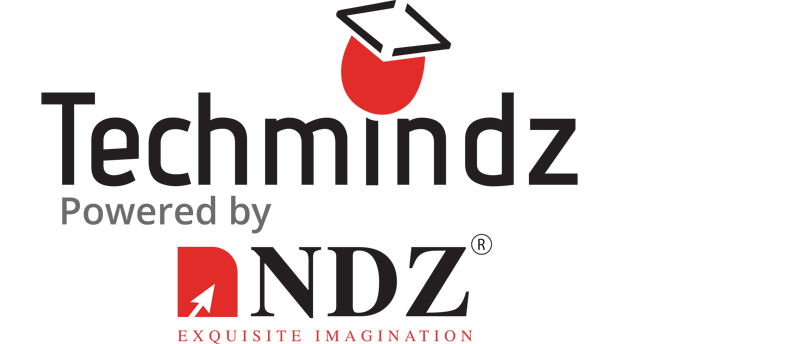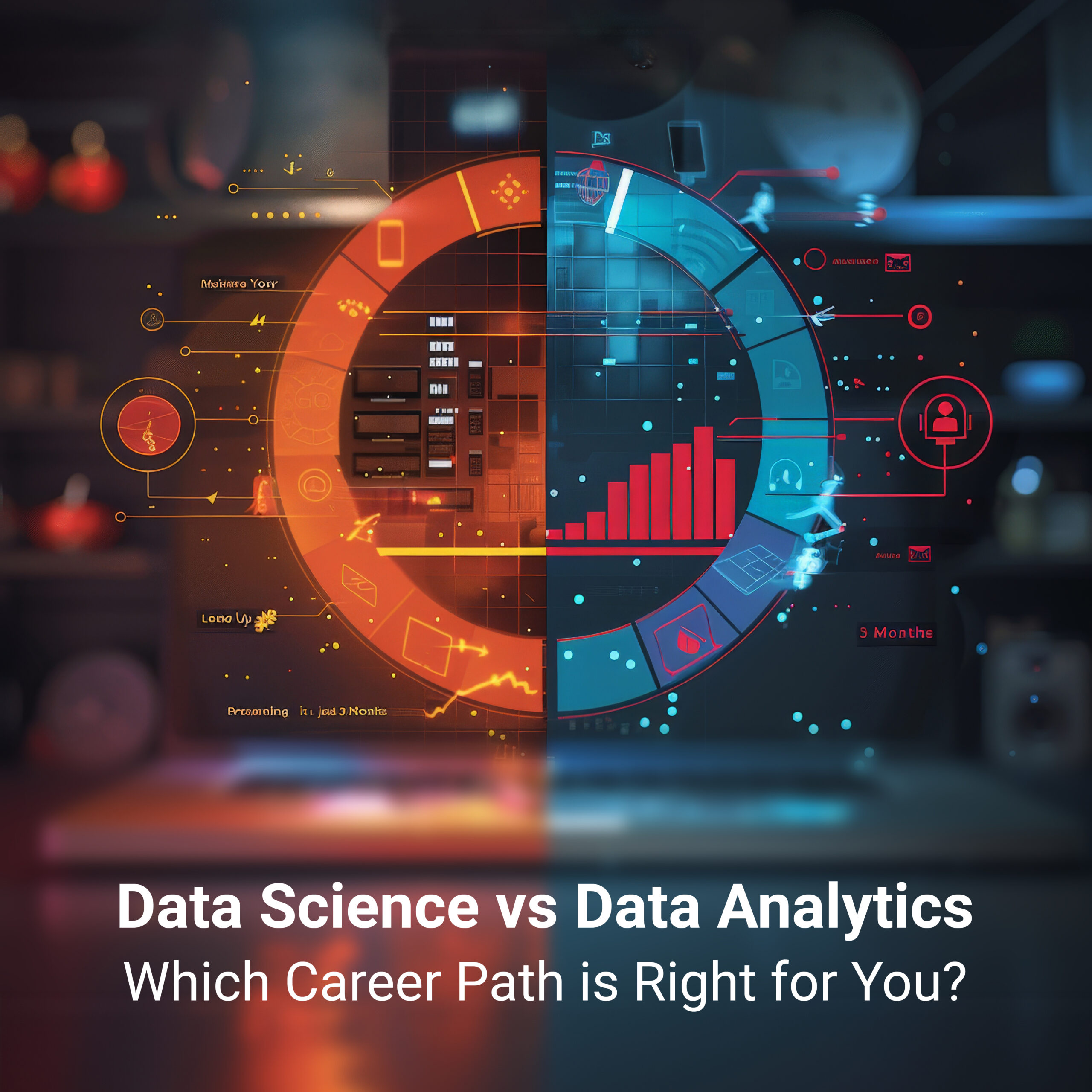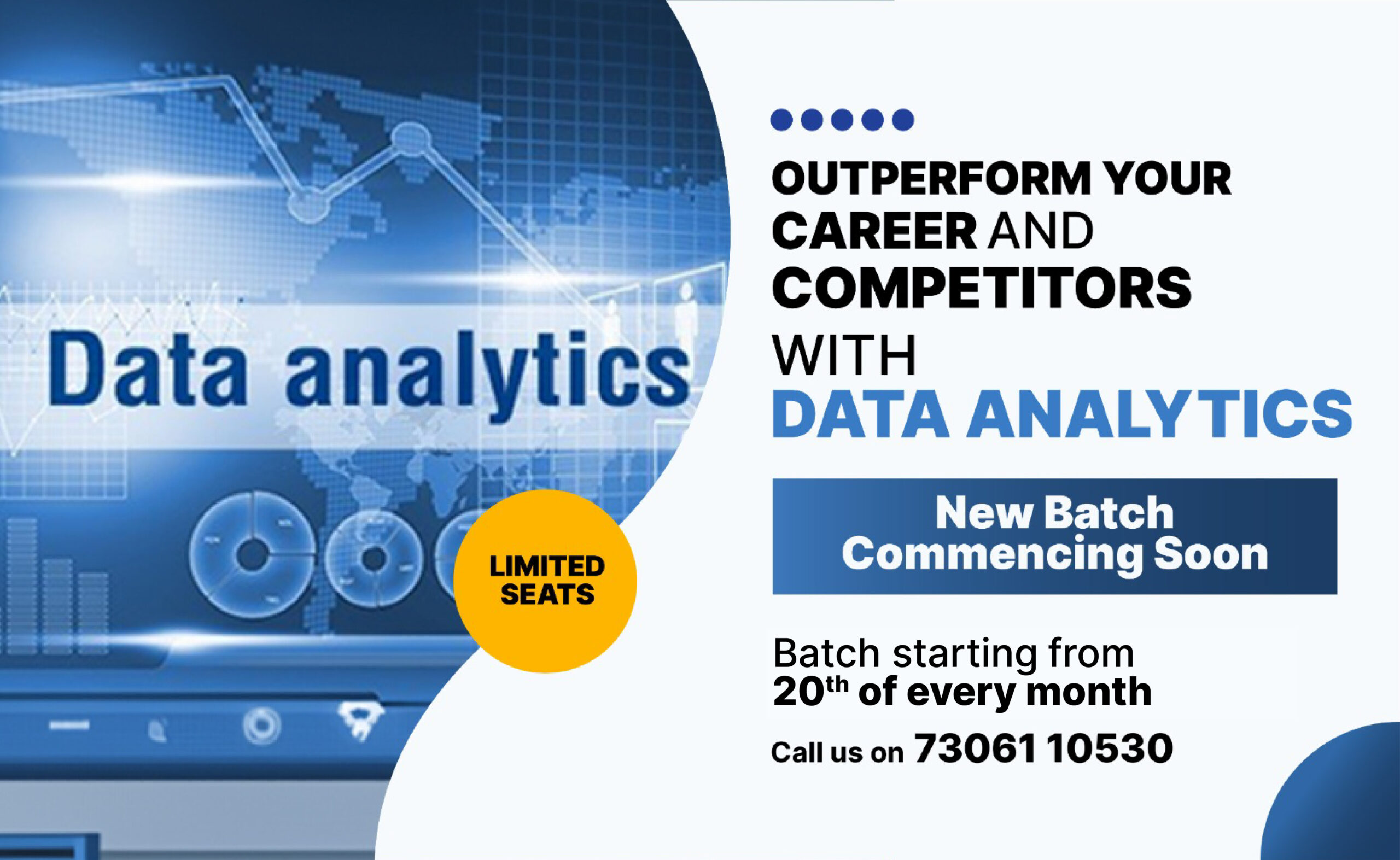Data science and data analytics have become indispensable in global organizations. Both these fields revolve around extracting value from data, but their methods and objectives differ. Data science involves building models using machine learning and handling large and complex data whereas data analytics deals with handling historical data and preparing reports.
Executive Summary:
- What is Data Science?: Using advanced algorithms and machine learning to extract insights from complex datasets and create predictive models.
- What is Data Analytics?: Analyzing structured historical data to generate reports and actionable insights for business decision-making.
- Key Differences: Data Science vs. Data Analytics: Data science tackles open-ended, exploratory problems, while data analytics addresses specific business questions.
- Day-to-Day Work: Data scientists work on building complex algorithms, while data analysts focus on generating reports and answering business questions.
- Which is Better: Data Science or Data Analytics?: It depends on whether you have an interest in predictive modelling, which is associated with data science, or you have an interest in business data interpretation, which lies more under data analytics.
What is Data Science?
Data science is an interdisciplinary science that deals with data analysis, data mining, machine learning, artificial intelligence, and other complicated information. The prominent responsibilities of data scientists are using structured and unstructured data to develop a model for decision-making. They need expertise in programming languages like Python and R as well as machine learning and big data tools like Hadoop and Spark.
The data science career path is ideal for those who like diving deep into large datasets and addressing problems that cannot be solved with basic tools. Data scientists are mostly found in the fields of finance, health, and IT but will soon become relevant in all industries as they transition to data-driven workflows driven by digital transformation and Industry 4.0. This offers an opportunity for professionals to engage with new technologies and work on difficult and significant projects is the key advantage of this career.
What is Data Analytics?
Data analytics solutions analyze historical data to deliver informed insights. Consequently, data analysts work with structured data and apply statistical methods to answer business questions. They clean data, query databases and generate visual reports or dashboards for organizations to better understand their performance and make informed decisions.
A data analytics career path is apt for developers who like leveraging logical reasoning and statistical techniques to solve business problems. It requires knowledge of SQL, Excel, and other advanced tools like Power BI or Tableau. Data analysts work with the business teams to optimize different processes, track performance metrics, and forecast trends.
Key Differences: Data Science vs. Data Analytics
Both data science and data analytics revolve around the concept of handling data, but the objectives and methodology are different. A data scientist discovers trends and patterns using machine learning and AI to predict the next outcome; therefore, their activities involve handling unstructured datasets, coupled with developing models that solve complex and open-ended problems.
While data analysts would concentrate on specific business questions being answered using historical data, actionable insights would be generated there using statistical tools and visualization platforms.
For developers deciding between data science vs analytics careers, the choice depends on long-term goals. If you enjoy working with machine learning and predictive modelling, data science offers an intellectually stimulating path. If you prefer a more structured, business-oriented role, data analytics might be a better fit.
Day-to-Day Work: Data Science vs. Data Analytics
The line of work can be distinguished by talking about the routine tasks of data science and data analytics professionals. Most of the time spent by data scientists would be on coding algorithms, trying different models, and collaborating with data engineers to get optimized pipelines of data. These projects have longer lifecycles and are constantly being tested and improved.
On the other hand, data analysts focus more on querying databases and analyzing data sets to present these findings back to stakeholders through dashboards and reports. They need to respond to business needs in real-time with quick, actionable insights that influence business operations directly.
Career Opportunities and Growth
Both the data science and data analytics jobs are highly in demand, although the variation differs on this basis from industry to industry. The major sectors recruiting data scientists are ones with a requirement for complex data modelling, machine learning, and AI-based insights. Prime recruiters in this role tend to be mainly from the tech, healthcare, and financial industries. These industries rely on innovations triggered by data as part of their long-term strategies.
Data analytics positions cut across most industries. Currently, all businesses – small, medium, and large-scale organizations alike-need analysts to enhance their operations and monitor performance. Data analysts work across numerous departments – from marketing, operations, and finance – to ensure an excellent function in any strategic decision-making.
Which is Better: Data Science or Data Analytics?
Whether Data Science or Data Analytics is better depends purely on the person’s interests and skill set. Data science is ideal for persons that have a passion for machine learning, AI, and more. Or, if you prefer working closely with business teams to analyze historical data and generate actionable insights, then data analytics might be the best bet for you.
Both streams of work promise a lot of growth opportunities for those developers who already possess proficiency in Python, SQL, and other programming languages. However, data science is more deeply related to machine learning and big data tools, and data analytics leans on business-oriented skills and tools like Tableau or Power BI.
Conclusion
Choose between data science and data analytics according to your interest and how you want your career to shape up. Both lead to great data-driven opportunities, but they demand different skill sets and mindsets. You can explore both options and figure out how they will shape up according to your career goals and invest in those skills to carve out a successful future in the data domain.
If you’re looking to gain hands-on experience and elevate your career, consider enrolling in our specialized training programs. Whether you’re interested in data science, machine learning, or exploring other technologies like RPA, AI, or software testing, we offer comprehensive courses designed to prepare you for real-world applications. Our courses are ideal for beginners, career switchers, and professionals looking to upskill. Explore our courses and start your journey toward mastering cutting-edge technologies today!














0 Comments